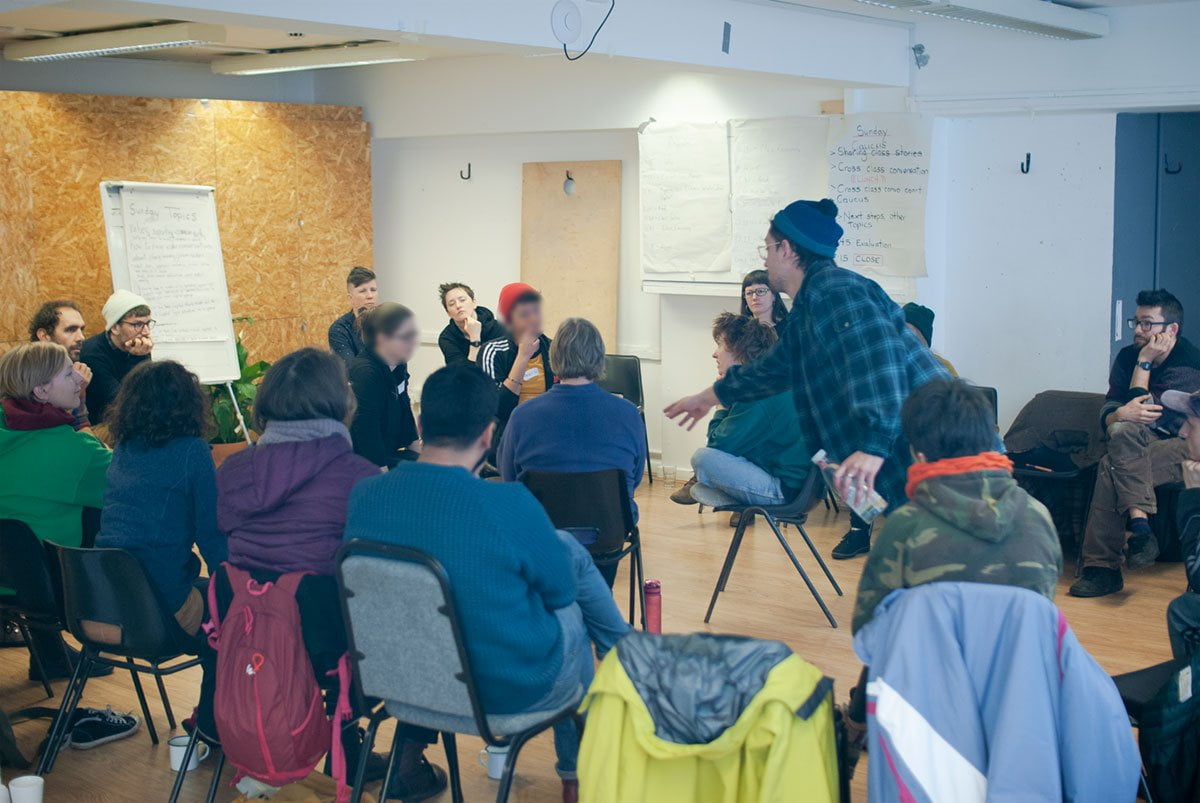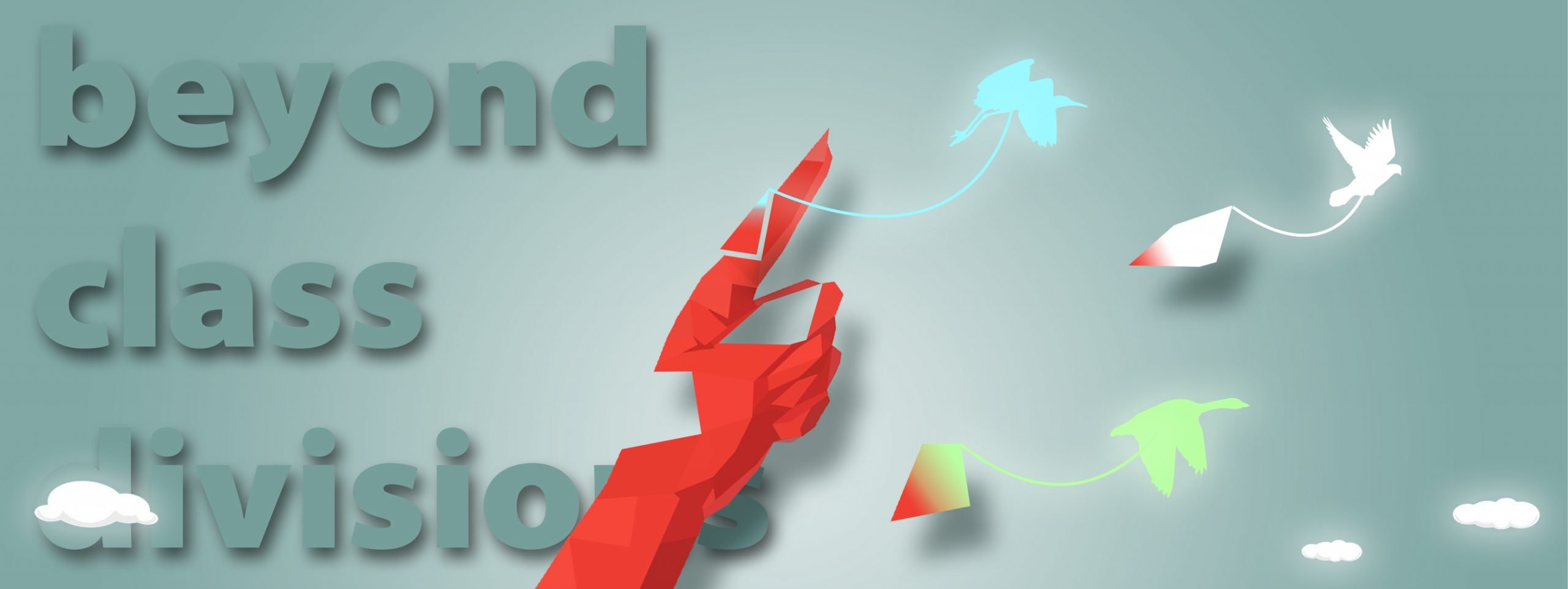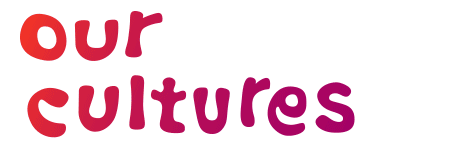How to support egalitarian society and what to avoid when doing it?
12 minutes read
Foreword
A workshop in Sheffield ‘Exploring (social) Class’ gave us insights into capitalism, social classes and people’s lives. At the end caused pain, anxiety, anger, frustration, guilt and regret in a social experiment.
This article bears also the participants of the workshop in mind. That is to help us, and help other readers, to understand different perspectives on approaches supporting a fair and just society.
Hopefully, the article will trigger dialogue and additional feedback on what happened during the workshop. Especially on the last day, which felt disturbing to most of its participants.
I am expressing my appreciation in the article towards the organisers of the workshop and the first day and half of its duration. However, I am criticizing the social experiment that took place, its destructive and damaging forces that are contra productive.
Later, I am suggesting a proposal of a constructive collaboration between the social classes, that I believe is crucial in dissolution of inequalities.
I feel that the proposal would not bring just short-term financial rewards, that possibly was the workshop’s main agenda, but has a great potential to create other projects which could unlock the working classes potential further. And dismantle the exploitative tendencies within the capitalistic hierarchy in the long run.
Excuse some details. However, they may help you in developing further ideas of what else is needed to support the shift towards an egalitarian society.
Exploring (social) Class – day one
I have attended the ‘Exploring Class: A Workshop in Sheffield’ (England) on 1. February 2020 organised by D.Hunter from Chav Solidarity (autobiography) and Lumpen Journal (a journal of poor and working-class writing).
Before the workshop, we received instructions related to accommodation, food and location which was considerate and useful. Furthermore, we received articles and educational videos related to the topics of the workshop. Homework was also given to put down our class story testimonial.
The well-organised event with the forwarded materials to study made me eager to learn more about the topics and be an active participant. And this in hope of coming up with constructive ideas to support equality when finished.
The first day was long but rewarding. I understood the structures of society better including social classes, capitalism and whiteness. I enjoyed discussions and generally the interactions with people from all social stratas.
To see people willing to contribute towards a positive social change, speaking honestly about their experiences was connecting me with them on deeper levels.
I would name just a few values resonating with me that day, feeling that those are the keys to open doors to a fair and just society. Including open-mindedness, compassion, respect, and willingness to accept differences and diversity.
The other words or concepts from that day for me were. Enriching communication, collaboration, constructive and inspiring.
All those made me want to work towards an egalitarian future with even more passion than I do now. That was with the people present at the workshop when I hoped for a future joint project we could all work together on.
Exploring social class workshop – day two
However, the second day completely shattered my expectations. Not the experiences of our classes as intended by the organisers. But rather it dissolved the relationships I was building during the first day and half of the workshop.
Have you heard about ‘Fishbowl’? It is a tool that organises dialogue within large groups.
Four chairs in the middle of a circle made out of 20 other people from various social classes. Two chairs were taken by working classes, one by middle and the last one by a high-class person.
The given rules were as follows. Anytime, anyone from the large circle formed around the middle four chairs could step in and tap a member from their social class. Then swap with the person to enter the dialogue.
Nevertheless, the Fishbowl in the given context and coached working classes firing prepared questions to the middle classes and high classes, shifting the power dynamics from one side onto the other, the tool became a dangerous social experiment.
What I mean by ‘coached’ is that. Before the Fishbowl started I passed by a meeting for the working class only. The other groups were not aware of it even though the meeting led all three facilitators. When I wanted to join in the D. Hunter told me that ‘’this is just for capital minimum” (working class). After, only his waving hand was directing me to the exit.
Coached and advised working class were ready to perform better with the agenda of the Fishbowl, I understood.

Exchange of participants in ”Fishbowl”.
Social divisions heating peoples’ emotions
Just before the Fishbowl started the facilitators including D.Hunter, facilitator Shan Soupster and facilitator Hanouska Banaal said that we’re going to be left to our own devices. And that they will be impartial. I found this irresponsible especially after they said it might be emotional. All that in the environment they have engineered.
Despite the announced impartiality, D.Hunter encouraged St. (a guy from the middle-class group I was a part of) to swap me. That happened when a young woman H. from working-class wanted to talk things through more in-depth with me.
During the Fishbowl working classes were asking questions related to middle classes and high classes plans for a possible future interaction between various social stratifications. Or what the other classes planned to do to change the (unequal) status quo and improve equality. Seeing people from the middle class and high class struggling to answer the questions under the heat of the Fishbowl was the reason why I had to call myself into it again in its second round.
When I told the working classes that they have a lot of expectations from others to come up with something real and tangible it seems, I asked them if they have some plans in mind which could lead to an equal and just society.
Moments of quietness and frustration past in no time. An angry swap between working-class firing questions back at me without any answer ‘What plans do you have?!!’
For me it was obvious that this was something they did not expect. They were not prepared for it, that’s why the reaction I thought. It could well be that the agenda of the workshop was not to create a collaborative and constructive platform, but extract money.
When I was coming up with an idea of a possible future collaboration between the social classes, in the middle of the Fishbowl, to foster collaboration and equality I was almost ‘shut down’ by another person. This time from the person came from the high class. Filtering her frustration on me she might have accumulated throughout the day and in the Fishbowl, I read. As she could not give me any reasonable answer except being aggressive towards me and swearing at me.
Possible reasons triggering peoples’ emotions
Later on, after the Fishbowl, a similar scenario of happened when another person C. from high class felt disturbed when I was speaking out. I was talking about the coaching session I witnessed happening. She said that I am patronising others by not trusting the working class and their abilities, as it would be me coaching them. Not the facilitators who might have doubted their ways of performing in the Fishbowl. Making sure everything goes according to plan when they were coaching them.
As what C. was saying was not my intention and I was just describing what I saw I had to pull out from the dialogue as the tensions were increasing again.
Could it be that the person C. from the high class was indirectly reflecting on facilitators who were helping working classes out during the coaching session? Were they not trusting their capabilities?
Why were so-called ‘high classes’ trying to talk me down in the game we were playing?
I think that it was because I did not play the expected role engineered* as an outcome of the Fishbowl and the other half of the workshop. And that was feeling guilty, sorry and speechless.
Something like watching an English super drama packed with guilt and embarrassment. Where suddenly someone is not quite performing the role and fulfilling the viewers’ expectations. Therefore putting the drama into the question saying ‘this is not as it’s supposed to be.’ Meeting feelings of confusion and frustration without really understanding what is going on in the movie. As it is a drama, not a constructive and collaborative platform, I read.
I truly cannot imagine people coming up with relevant answers under the heat of the Fishbowl. Where anger, tears, crying, aggression, swearing, guilt and the eyes of the other 20 people carefully watching the show. Including all three facilitators adding to the rising tensions.
Do you?
Or was there something else the facilitators and some of the atendees didn’t tell us about?
(* I am referring the term ‘engineered’ to space as it did not occur in the workshop naturally. But it happened by giving us a certain set of rules to follow in the given context.
Reproduction of the social divisions
Furthermore, the social experiment I refer to as the ‘Fishbowl’, in the given context, has discouraged me to work on possible collaborative projects in the future with the working class. The reason is that I am not ready to take their aggression and frustration whenever I would unintentionally trigger them. As I did trigger the young woman H. from the working class by a single word referred to as ‘corporate jargon’.
The way I see it is that the second part of the workshop was victimising the working classes in the engineered environment further. Dividing them from the other groups and creating more social class divisions, exposing them to their own harmful emotions and negatively affecting their wellbeing. While feelings of guilt and regret imposed onto the other groups by the engineered environment flourished.
To my other surprise, an email after the workshop sent out by D.Hunter he was suggesting the following. Put people from the same social classes but different cities on a separate mailing list or separate Facebook groups.
All this is just further reproducing the social class divisions.
Shifting power balance from one social class onto the other
The last impulse to write this article was when I received a newsletter from the Lumpen Collective. And that was after I sent them three emails including my detailed feedback for not receiving any answer yet, saying. ‘We know there’s some criticism of the workshop, mainly but not solely from class reductionist white men who believe that class is purely about the means of production and nothing else, we read those criticisms, smile, wave and move on.’
Why are they asking for feedback then? To only hear appreciation and use it to get more funding?
The events above might or might not be completely related. Nevertheless, is it not possible to get feedback from a white man even though not ‘a class reductionist’ to be constructive to help them to reflect and improve, otherwise well organised and enlightening workshop?
Or do they seek to be just praised and adored while ‘punishing’ middle and high classes in the heat and pressure of the Fishbowl? Most likely for all the traumas all three facilitators could have experienced as a result of inequality and class system. Therefore, being blind towards the damaging effects the Fishbowl had on people’s emotions, wellbeing and possible future collaborative relationships.
I’ll leave it with you.
I believe that shifting the power balance from one side onto the other, blaming, imposing feelings of guilt, shame and regret while keeping us separate, will not create an egalitarian and just society.
Dismantling the social divisions
We have been using blame, guilt and shame since perhaps the beginning of ‘human culture’. The place it brought us to is only rapidly broadening inequality also here in England. They should be not used anymore.
But collaborative platforms and guided constructive processes, encouraging open communication and collaboration between the classes in a safe and nurturing environment. To come up with real solutions and projects is the way to dismantle our social class constructs and inequality.
I feel grossly disappointed that such inspiring people as D. Hunter, Shan Soupster and Hanouska Banaaland who were literally raised from the ashes of the oppressed and could be the bridges between the classes and people. Are possibly unintentionally creating more division and pain by reproducing and strengthening the class divisions.
The old ways of punishment, guilt and regret which have been controlling us for millennia rising again from our wounds wounding others must not carry on.
We can dismantle our prejudices and fears by open-mindedness, compassion, respect, and acceptance of differences and diversity to create a fair and just society, not otherwise I have learned.
Sincerely, in mine and other people’s painful experience during and after the Fishbowl I have no idea how this could bring a positive change.
If anyone thinks that to bring social justice and equality means setting up a direct debit from people having spare cash on hands. Creating kind of alternative benefit system and make them depended on it. Seemingly ‘support’ the working classes, possibly paying for their guilt and privilege. Simultaneously, being otherwise inactive and separated from the other social classes. Not collaborating on a project and not dismantling the expected roles within any collaborative project. Is on a very different page, I think.
It would be great to receive any feedback to help us to create a collective understanding and learn from it. Eventually, improve the ways we work towards equal and just society.
Thanks
Jozef
Artwork used for the Explore Class workshop promotion in Sheffield and in other cities which inspired the artwork for this article below. Art credit Socha Design

Original art work used to promote the workshop.

Socha Design art work for the article.
Further workshops on class by D.Hunter, Shan Soupster, Hanouska Banaaland and Lumpen Collective
Birmingham Class & Coops Workshop 28-29 March 2020
Facebook
Eventbrite
Leeds Co-ops and Class Workshop 18-19 April 2020
Facebook
Eventbrite
The study material forwarded to us by D.Hunter before the workshop
Intros to History of Capitalism:
From the left perspective
http://libcom.org/library/capitalism-introduction
Center
https://www.entitymag.com/brief-history-of-capitalism/
https://www.youtube.com/watch?v=iCc2mjkn6gU
Right
https://mises.org/wire/history-capitalism
Social and Cultural Capital
An Introduction to Pierre Bourdieu on Social and Cultural Capital
https://www.openhorizons.org/pierre-bourdieu-on-social-and-cultural-capital.html
What Is Cultural Capital? Do I have It?
https://www.thoughtco.com/what-is-cultural-capital-do-i-have-it-3026374
Discussions around Class
Working Class Perspectives: Every Part of Us Has Parts
https://workingclassstudies.wordpress.com/2017/01/16/every-part-of-us-has-parts/
Class and Caste System
https://www.youtube.com/watch?v=Xtl7zYIxg-A
Some race, gender and class videos
The History Of White People
https://www.youtube.com/watch?v=LiYiMi_tEe8
The Urgency of Intersectionality by Kimberle Crenshaw
https://www.youtube.com/watch?v=akOe5-UsQ2o
Silvia Federici: The Witch Hunts & The Transition To Capitalism
https://www.youtube.com/watch?v=1tPjRKTXwOY
The Invention of Whiteness
https://www.youtube.com/watch?v=Mc8mgnqLoDc
